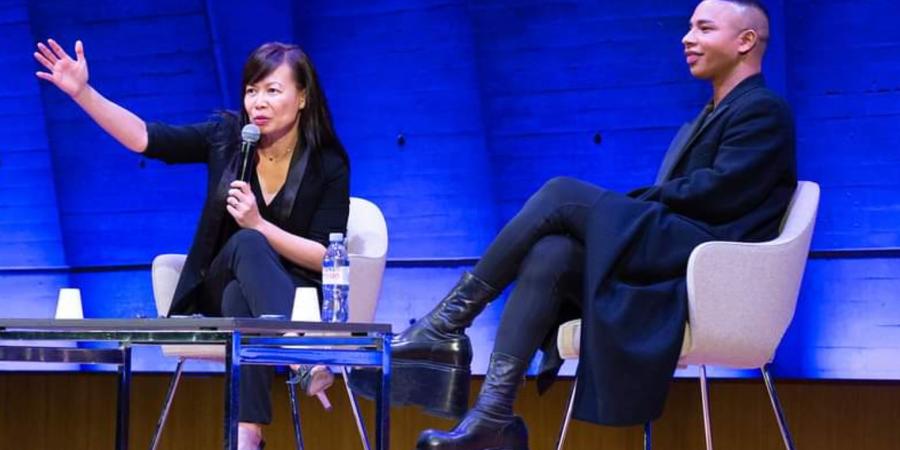
MASTER CLASS AGAINST RACISM AND DISCRIMINATIONS:
Promoting Intercultural Dialogue
On 21 March 2022, UNESCO hosted a special global edition of its Master Class Series against Racism
and Discriminations, aiming to shed light on the growing significance of racial prejudice and the
spread of racial discrimination and intolerance, and raise the visibility on its consequences.
The Master Class Series is part of the Roadmap against Racism that UNESCO is developing as part of
its Global Call against Racism, which is contained in a decision adopted by Member States in
December 2020. This Roadmap will strengthen UNESCO’s contribution to the fight against racism and
discrimination across its field of competence, providing a strategic and operational framework to
guide UNESCO’s action in this important area, especially in the critical post-crisis period.
This Series aims to raise awareness amongst high school students to build their capacity to
understand the causes of racism and discriminations, how to constructively combat these ills, and
address their consequences. Upon conclusion, each Series culminates with the adoption of the young
participants’ commitments in designing and pursuing their own local initiatives. Ultimately, the goal is
to empower the young participants to become agents of change and trainers for their own
communities.
Set to be the 17th session, UNESCO’s Master Class has empowered more than 5,000 students to
become anti-racism champions in their own schools and communities. Around 97% of previous
editions’ attendees said the Master Class both educated and inspired them to be more tolerant, and
over 75% reported confidence in sharing these new teachings with their family and peers.
This special edition of the Master Class series will address topics surrounding intercultural dialogue,
gender-based discrimination, hate speech, negative perceptions of migrants and refugees, LGBTQ+
rights, climate activism and colonial continuities, among others. Each of these themes is uniquely
intertwined with the fight against racism and discrimination.
UNESCO will partner with the International Coalition of Inclusive and Sustainable Cities – ICCAR
– who will be inviting young participants worldwide to join this hybrid edition. UNESCO Headquarters
in Paris will host an in-person event with plenary sessions in which partner cities and schools can
participate virtually. These partners can in turn organize their own satellite sessions and thematic
workshops locally.
Institutional partners include the Musée de l’Homme, Permanent Delegation of Canada, Spanish
Observatory on Racism and Xenophobia, Mongolian National Commission, French National
Commission, Gwangju International Center, Cities of Atlanta, Barcelona, Bologna, Bordeaux, Cordoba,
Heidelberg, Helsingborg, Karlsruhe, Lausanne, Liège, London, Montpellier, Nancy, Saint Etienne,
Toulouse, ETC Graz, ASPNet, International Institute of Human Rights and Peace, Sciences Po, Thorbeke
Academy (Leeuwarden - Netherlands), MAG Jeunes LGBT+, UNESCO Bangkok, UNESCO Chair Montreal,
UNHCR Spain, UNESCO Cairo Office, UNIC Tunisia, Center for Engaged Foresight, Maison Balmain, Ecole
Kourtrajmé.
